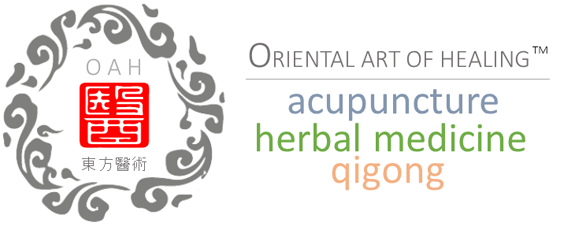Chances are that you or someone you know has been affected by diabetes.
It’s an increasingly common condition, one that approximately 1.3 million people in the U.S. will be diagnosed with this year alone.
While it is generally a long-term condition, diabetes can be managed through self-care, nutrition, and medication.
Another safe, effective approach to managing diabetes and its symptoms is acupuncture.
Acupuncture and Traditional Chinese Medicine (TCM) help promote health and well-being. Both can be used safely along with your current medical treatment to provide the best results for you.
Understanding a complex condition
The body gets its energy from food through the process of digestion. Food is broken down into glucose (or sugar), which passes into the bloodstream.
Then the glucose is moved into muscle, fat, and liver cells by the hormone insulin, which is produced by the pancreas.
However, if you have diabetes, your body either does not produce enough insulin, or doesn’t respond to it properly, and this leads to high levels of sugar in the blood.
Uncontrolled blood-sugar levels can cause severe complications if left untreated, including blindness, heart attack, stroke, kidney failure, amputations, and nerve damage.
A natural approach that works
The good news is that certain types of diabetes respond very well to acupuncture along with other holistic health care choices and lifestyle changes. Sometimes even making medications unnecessary.
Acupuncture and TCM can help put you on the path to a healthier lifestyle. Since diabetes has an impact on every part of your body, it makes sense to try a therapy that takes a holistic or whole-body approach to health.
According to TCM, diabetes is known as “Xiao Ke” or “wasting and thirsting disease,” caused by an imbalance of Qi and Yin.
This produces heat which drains and consumes the body’s fluids. That is why symptoms related to heat appear—excessive thirst, irritability, itchy skin, dry mouth, and red, swollen gums.
During treatment, fine, sterile needles will be inserted in specific acupuncture points along the meridian pathways in order to restore the flow of Qi and nourish Yin.
This can ultimately relieve symptoms, improve pancreatic function, and control blood sugar levels.
Your acupuncturist will also work to resolve other imbalances or concerns that may be complicating your condition and can help with common symptoms such as pain.
In addition to acupuncture care, your practitioner may offer recommendations for dietary changes, exercise plans, and herbal remedies.


